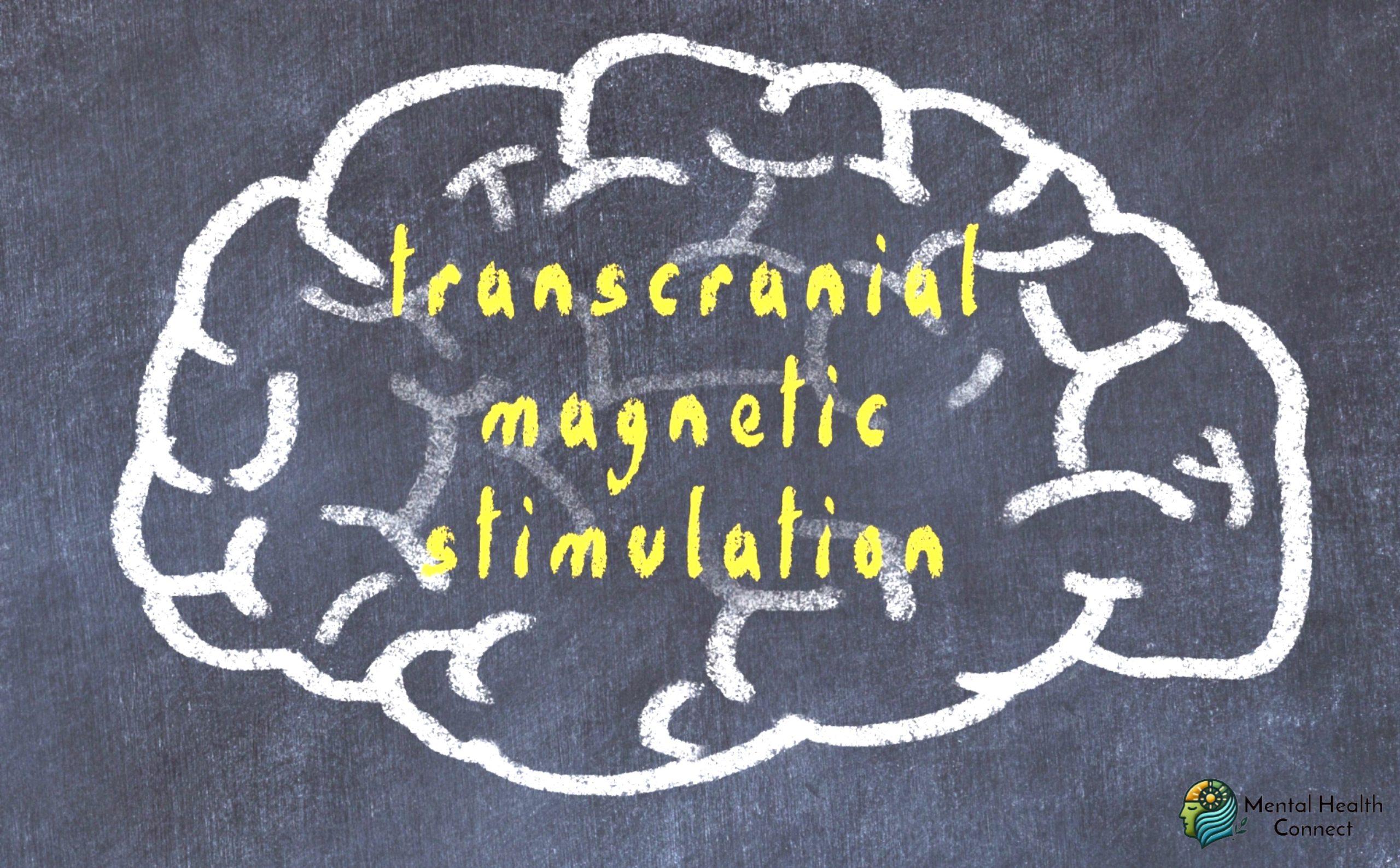Potential Long-Term Effects of TMS Therapy

Transcranial Magnetic Stimulation (TMS) has emerged as a promising treatment option for various mental health conditions. As more patients undergo this therapy, understanding its long-term effects becomes increasingly important. This blog explores what we currently know about the potential long-term impacts of TMS treatment.
What is TMS Therapy?
TMS therapy uses magnetic pulses to stimulate nerve cells in specific brain regions associated with mood regulation. FDA-approved primarily for treatment-resistant depression, TMS is also being studied for conditions like anxiety, PTSD, OCD, and chronic pain.
Current Evidence on Long-Term Effects
Positive Long-Term Effects
Sustained Symptom Relief Many patients experience continued improvement in depressive symptoms even after completing their initial TMS treatment course. Studies tracking patients for 1-2 years post-treatment show that many maintain their positive responses, though some require maintenance sessions.
Neuroplasticity Benefits TMS appears to promote neuroplasticity the brain’s ability to form new neural connections. This may result in lasting improvements in brain function beyond the immediate treatment period, potentially contributing to sustained mental health benefits.
Reduced Medication Dependence Some patients report reduced reliance on psychiatric medications following successful TMS treatment. This can lead to fewer medication-related side effects and improved quality of life over time.
Potential Concerns
Variable Response Durability While many patients maintain improvements, response durability varies. Some individuals experience symptom recurrence months or years after treatment, necessitating maintenance TMS sessions or alternative interventions.
Limited Long-Term Data Despite promising initial findings, truly long-term studies (5+ years) remain limited. Most research has followed patients for 1-2 years, leaving gaps in our understanding of very long-term effects.
Brain Adaptation Considerations The brain’s remarkable adaptability raises questions about whether repeated TMS treatments might lead to tolerance, requiring adjustments to stimulation parameters over time.
Special Considerations for Different Patient Groups
Adolescents and Young Adults TMS is increasingly being studied in younger populations. The developing brain may respond differently to TMS, potentially with different long-term implications that are still being investigated.
Elderly Patients Older adults with age-related brain changes might experience different long-term effects from TMS. Some research suggests they may require different stimulation protocols for optimal results.
Future Research Directions
Researchers are actively pursuing several important questions:
- How do different TMS protocols affect long-term outcomes?
- Can biomarkers predict which patients will maintain long-term benefits?
- What is the optimal frequency and duration of maintenance treatments?
- Are there cumulative effects from multiple courses of TMS over many years?
Practical Considerations for Patients
If you’re considering TMS therapy, discussing long-term planning with your healthcare provider is essential. Consider:
- The potential need for maintenance sessions
- Integrating TMS with other treatment modalities like psychotherapy
- Regular follow-up evaluations to monitor lasting effects
- Developing a plan for symptom recurrence
While TMS therapy shows promising long-term benefits for many patients, individual responses vary. Current evidence suggests that the positive effects can be lasting, but maintenance treatments may be necessary for some individuals. As research continues, our understanding of TMS’s long-term effects will continue to evolve, helping to optimize this valuable treatment option.
-
 How to Support Someone with OCDApril 17, 2025
How to Support Someone with OCDApril 17, 2025 -


Leave a Reply